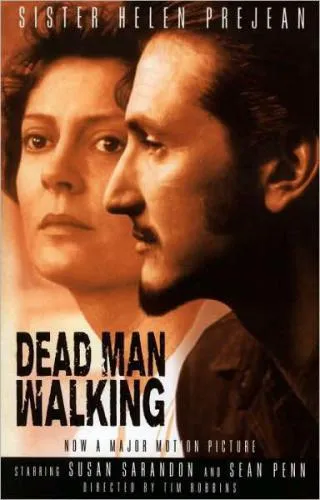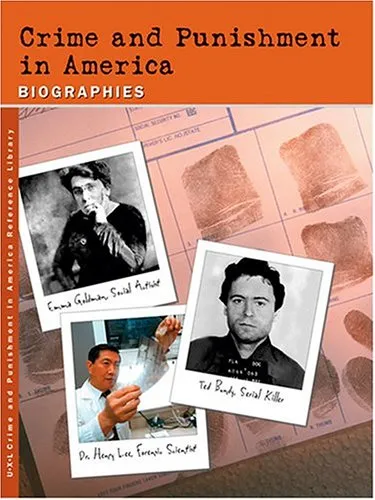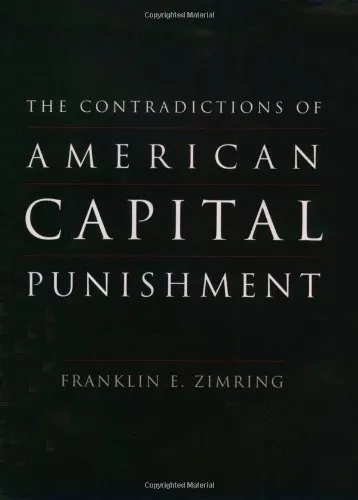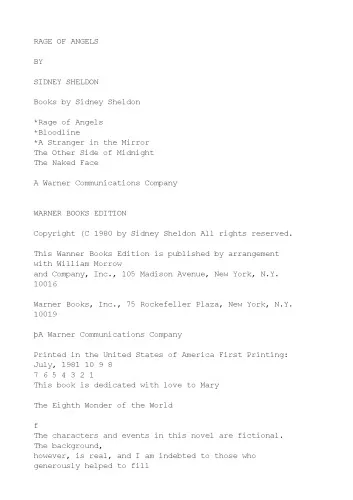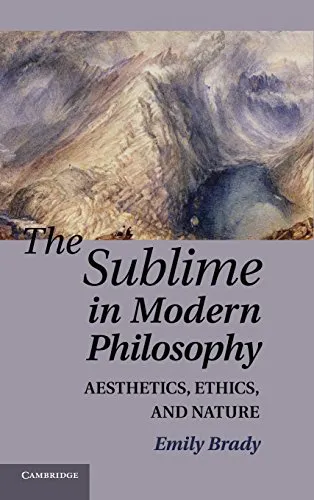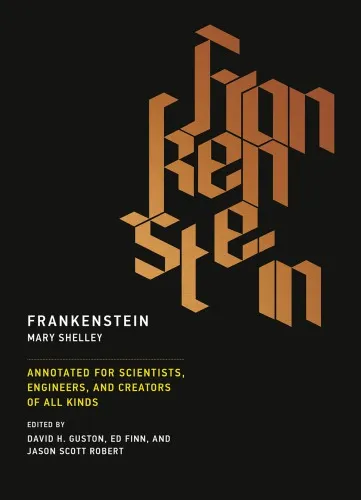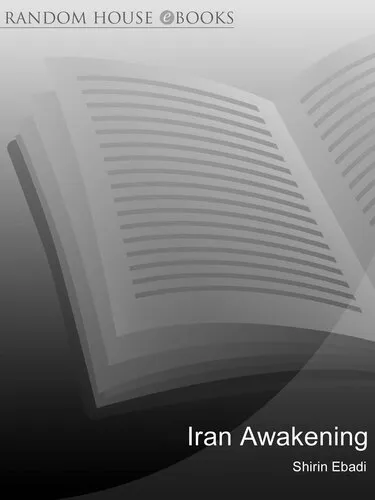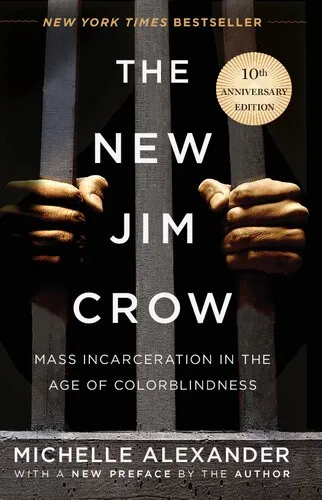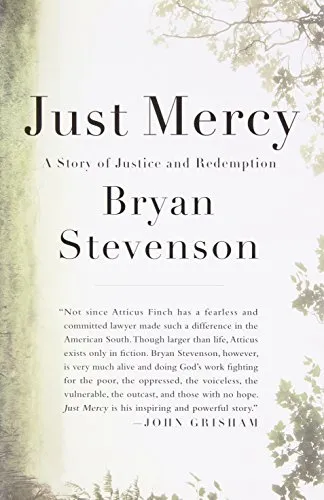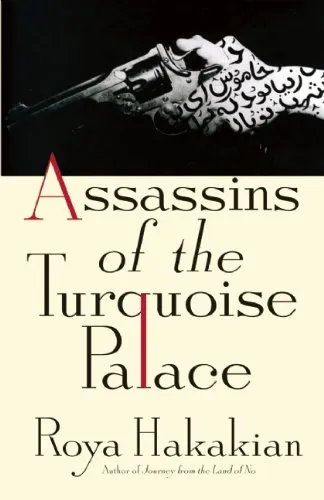Dead man walking: the eyewitness account of the death penalty that sparked a national debate
5.0
Reviews from our users

You Can Ask your questions from this book's AI after Login
Each download or ask from book AI costs 2 points. To earn more free points, please visit the Points Guide Page and complete some valuable actions.Related Refrences:
Introduction to "Dead Man Walking"
In her compelling book, "Dead Man Walking: The Eyewitness Account of the Death Penalty That Sparked a National Debate," Sister Helen Prejean takes us on a profound journey into the world of capital punishment. With a compassionate yet critical lens, she exposes the harsh realities and ethical dilemmas that accompany the death penalty. Her engrossing narrative, rooted in personal experience, invites readers to question the very foundations of justice and morality within the American criminal justice system.
Detailed Summary of the Book
Dead Man Walking is a riveting account of Sister Helen Prejean's experiences as a spiritual advisor to death row inmates in Louisiana. The narrative centers around her relationship with two convicted murderers, Patrick Sonnier and Robert Lee Willie, as she accompanies them through the final stages of their lives. Through these intimate encounters, Prejean paints a vivid picture of the complexities and contradictions inherent in the death penalty. She recounts her efforts to provide humane support to individuals condemned to die while simultaneously advocating for the victims' families, highlighting the duality of her role as both a counselor and an activist.
The book delves into the intricate legal processes and the myriad socio-economic factors influencing the criminal justice system. Prejean integrates factual evidence with heart-wrenching personal stories, offering readers a thought-provoking exploration of crime, punishment, and redemption. Her invaluable insights challenge the reader to consider the human capacity for forgiveness and the rights of even the most marginalized and vilified individuals in society.
Key Takeaways
1. **The Moral Complexity of the Death Penalty**: The book provocatively questions whether state-sanctioned executions are a just form of punishment.
2. **The Human Element**: Through her personal experiences, Prejean emphasizes the humanity of those on death row, forcing readers to confront their preconceived notions of guilt and justice.
3. **Systemic Inequities**: The narrative sheds light on how race, class, and legal representation affect the application of the death penalty, particularly its disproportionate impact on marginalized communities.
4. **Forgiveness and Redemption**: The journey illustrates the challenges and rewards of seeking forgiveness and finding redemption, both for the convicts and those they have wronged.
Famous Quotes from the Book
"The important thing is that when we leave this world, we should be able to say that we took some of the world’s suffering on our own backs."
"When people are executed, I don’t think of it as an isolated act, but as an act of society as a whole. And if I stand silent, I’m involved in the murder of a human being."
Why This Book Matters
Sister Helen Prejean's "Dead Man Walking" stands as a seminal work in its field, acting as both a touching memoir and a critical examination of the death penalty. It matters because it serves as a powerful catalyst for dialogue and encourages readers to engage deeply with the philosophical and practical questions surrounding capital punishment. As a respected figure in the fight against the death penalty, Prejean's reflections offer invaluable perspectives that inspire activism, policy changes, and a deeper understanding of justice and empathy in contemporary society.
Free Direct Download
You Can Download this book after Login
Accessing books through legal platforms and public libraries not only supports the rights of authors and publishers but also contributes to the sustainability of reading culture. Before downloading, please take a moment to consider these options.
Find this book on other platforms:
WorldCat helps you find books in libraries worldwide.
See ratings, reviews, and discussions on Goodreads.
Find and buy rare or used books on AbeBooks.
1385
بازدید5.0
امتیاز1
نظر98%
رضایتReviews:
5.0
Based on 1 users review
the_smart
May 12, 2025, 7:51 p.m.
This book by Sister Helen Prejean is one of THE definitive accounts of the harsh realities surrounding the death penalty in the United States, an absolute must-read that opens the debate on capital punishment, and rightly so.
Questions & Answers
Ask questions about this book or help others by answering
No questions yet. Be the first to ask!
